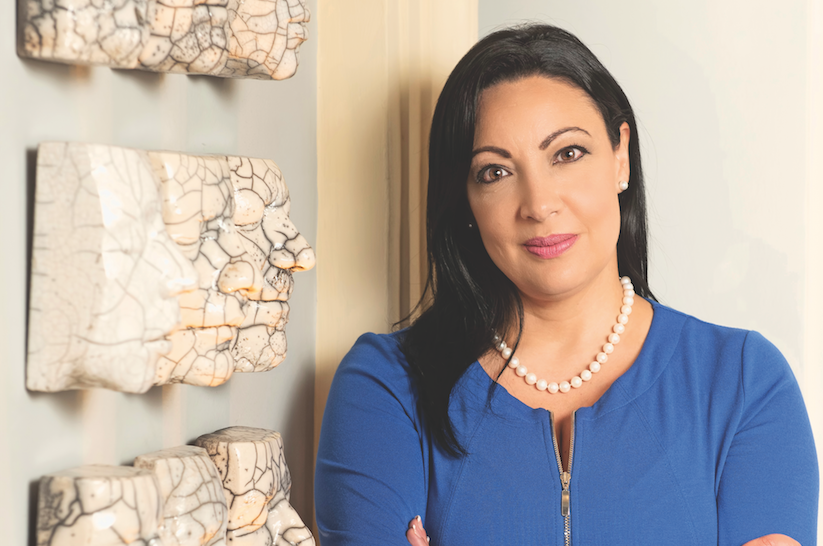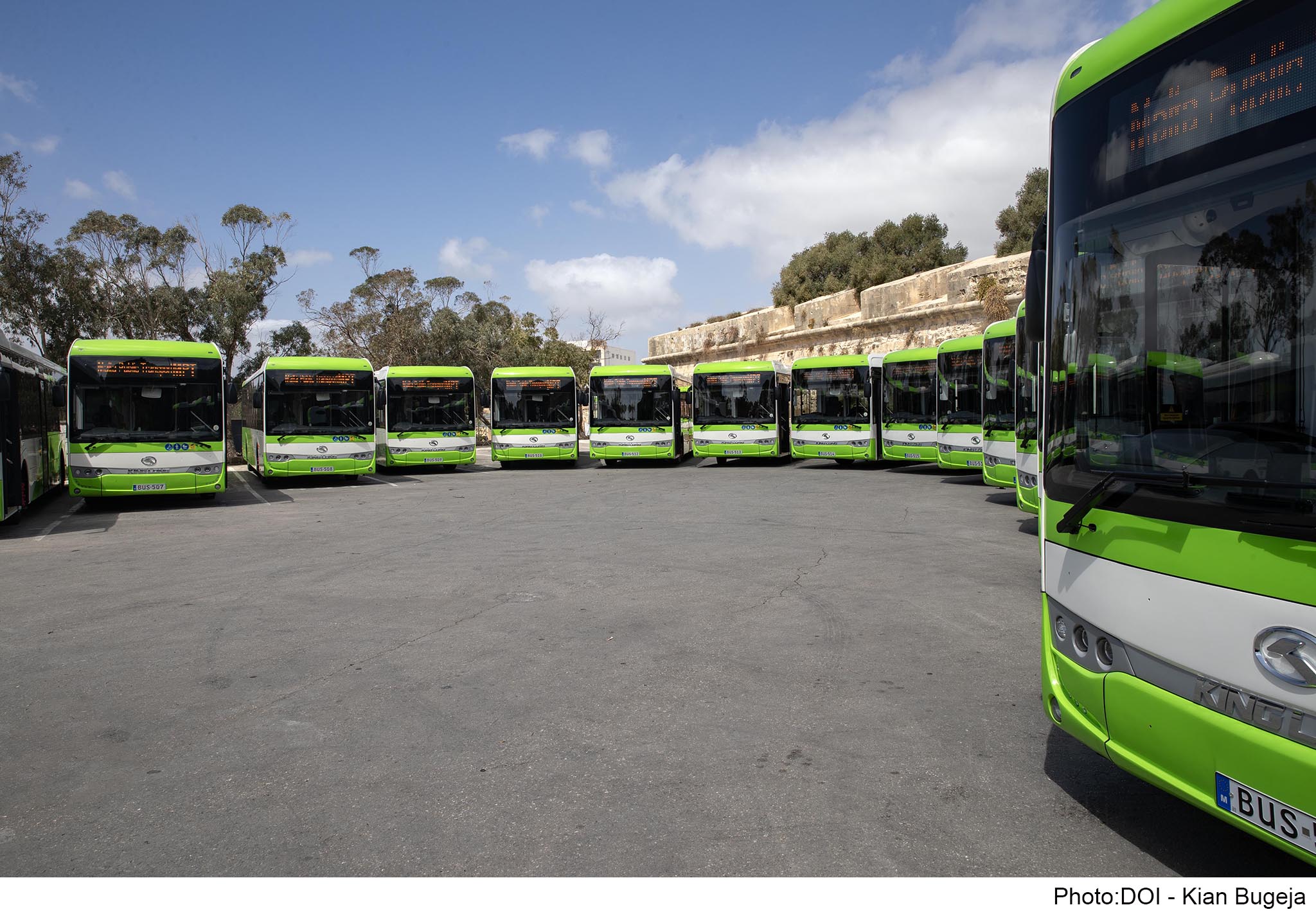Finance Minister Clyde Caruana has come out against introducing tax harmonisation for Malta when asked the question at a recent EY conference that featured the big-four firm’s annual Attractiveness Index.
Asked by The Malta Chamber head of communications Rachel Attard whether the minister is in favour of harmonised taxes across the EU block, after Labour Party MEP and former Prime Minister Alfred Sant recently expressed his support for the measure, Mr Caruana did not mince his words:
“The argument keeps cropping up because most of the big [EU] countries – I wouldn’t say they are on the verge of going bankrupt – but their debt to GDP levels are quite worrying.
“Italy is at 150 per cent, Germany is at over 80 per cent….the challenges this coming winter will put them between a rock and a hard place.”
The minister is referring to the current energy crisis that has seen fuel and electricity costs spiral out of control, leaving consumers with higher bills and putting pressure on Governments to cushion these increases.
“Am I in favour of tax harmonisation? No, I am not, for the simple reason that we are an economy at the periphery of Europe. The one size fits all cannot be there for everybody to fit into.
“I am very pleased we are discussing this and not the energy crisis. And I am saying this not to score any political points, but we have to appreciate that what is happening around us right now is quite unprecedented.
“To give you an idea of how big the extent of the problem.. throughout this summer and for next year, I had to redirect from 0 to 10 per cent of government expenditure on energy subsidies. That’s how much the subsidy is absorbing: 10 per cent of government expenditure.”
The minister went on to highlight how the state had to dedicate so much of its expenditure on the subsidies within a context where the deficit “is going to be just, very close, to the target’s I’ve set last year. And next year the deficit has to be even lower”.
Last year, the minister budgeted for Malta to have a deficit of 5.6 per cent in 2022.
“So, within an environment where people and businesses across the Mediterranean are struggling, on this island we are guaranteeing that things have to remain as they are. We say this out of economic conviction. In life, it’s easier to destroy things than build from scratch.
“This is going to be a long marathon, it’s not going to be a 100m sprint so what lies ahead of us …we have to make sure we have the necessary stamina to endure the challenges that lie ahead of us.”
Here, the minister is suggesting that within a highly challenging global context and with pressures on the state’s coffers, tax harmonisation could remove a useful source of revenue to government.
“I repeat, it is very encouraging that we are discussing these issues because I am quite sure the only issue other member states will be discussing is security of supply for electricity, and whether people can pay their energy bills,” the minister added.
“So, my main message is we have to continue with this momentum. There are many challenges with respect to taxation and many other things, as our economy continues to grow, our economy will still grow at 3.5 per cent and within this environment… I would say we are doing something quite right.”
Malta’s attractiveness to FDI for tax purposes – can we find another unique selling proposition?

The issue of tax has again been brought to the fore after the EY’s attractiveness survey for Malta, which measures how attractive Malta is to do business among foreign investors and businesses, found that the top attraction, at 71 per cent, is the country’s corporate tax regime.
Last year, a global push to introduce a worldwide minimum corporate tax rate, which even saw Malta’s agreement, raised concerns that again, the country will lose a highly lucrative policy that consistently has attracted foreign business.
And, for myriad reasons, this global momentum has been halted, leading to Malta shelving its planned corporate tax overhaul.
Honing in on the vulnerability Malta’s economy faces should this minimum corporate tax rate be introduced, The Malta Chamber of Commerce, Enterprise and Industry CEO, Marthese Portelli, who also spoke at the same EY panel discussion, said:
“Although we do not have a precise timeline when and if it [minimum corporate tax] will be introduced, we should assume it will happen and we need to start investing in sectors which render real substance to our economy.”
She went onto stress the importance of Malta having a “Unique Selling Proposition” beyond corporate tax.
“We can remain attractive for FDIs, not just in terms of tax, but in order to do this we must ensure that important factors such as the availability of talent, transport, connectivity and our urban and natural environment are given the attention needed.”
Dr Portelli went onto highlight the ongoing challenges with Malta’s limited labour supply. Representing thousands of employers on the island, she said that Malta must address the “tight labour market” if the country wants to attract the right foreign talent, and retain them.
“This can be achieved by improving our Key Employment Initiative and improving the process of family relocation to render Malta attractive for work.”
She goes on to focus on the skills shortage, remarking that “we need to look beyond academic qualifications and formal education. We need to invest in soft skills – aptitude and attitude.
“Malta remains a micro island state and this puts us at a disadvantage with other countries that have large economies of scale. Because of our size, it is difficult to attain critical mass needed in most sectors in order to be able to be competitive. This needs to be taken in consideration whatever the future outcome on harmonised corporate tax will be.”
Government shells out close to €70 million to national bus operator Malta Public Transport in 2023
Buses became free for residents in late 2022, leading to a hefty increase in the public subsidy
Opera Cloud PMS: The cost-effective property management system for any hotel size
Smart Technologies Ltd provides leading hotel PMS system, starting from just €6 per room per month
Inflation rate in Malta drops from 3.7% in January to 2.7% in March, nearing EU average – Government
The Government attributed the decrease in inflation to its initiative ‘Stabbiltà’






